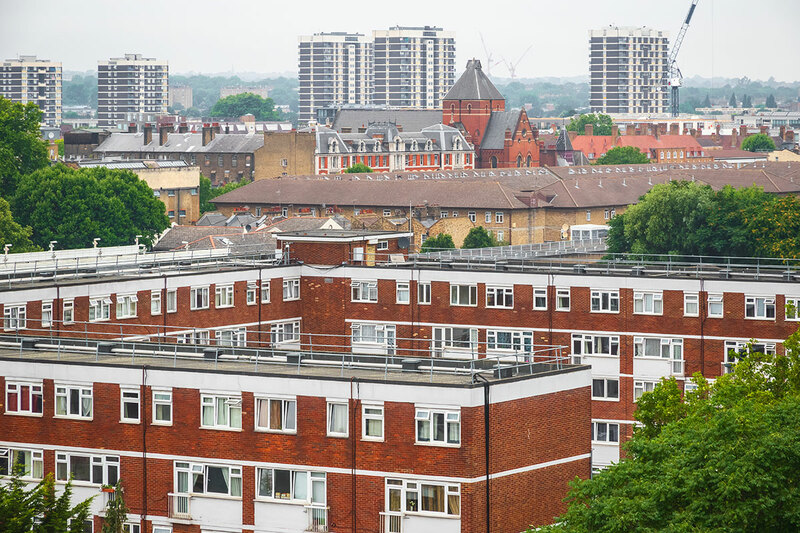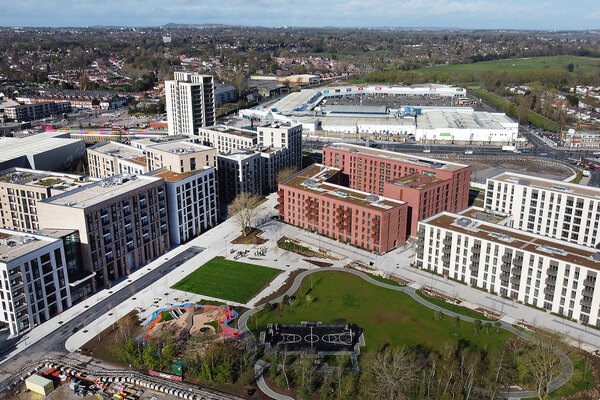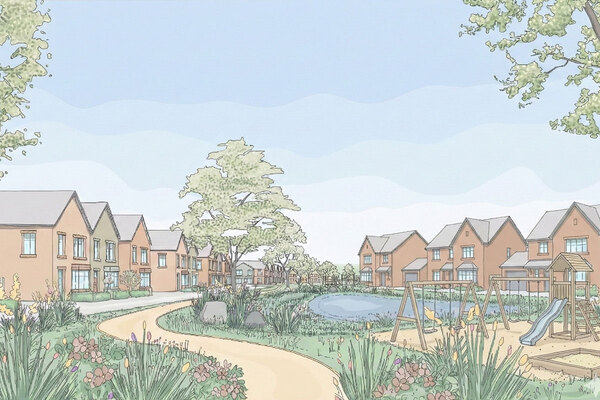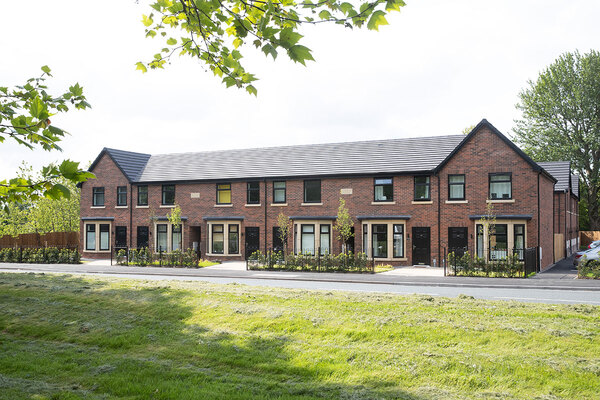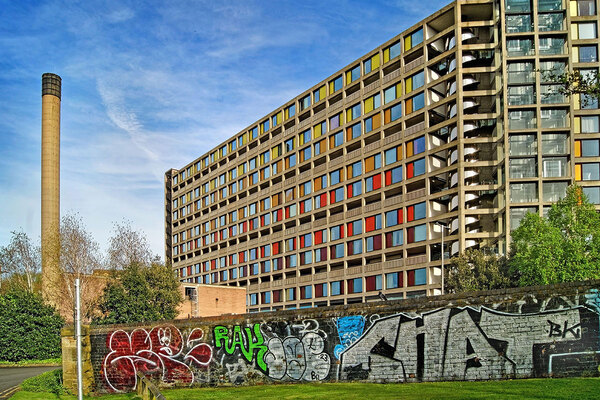You are viewing 1 of your 1 free articles
Social landlords must write code of conduct to protect leaseholders, MPs say
The government has been urged to introduce a code of practice for local authorities and housing associations that outlines their responsibilities to leaseholders living in social housing blocks, in a bid to crack down on unfair charges.
A report published by the Housing, Communities and Local Government Committee called for wide-ranging reforms to the leasehold system amid concerns that homeowners are being badly treated across both the private and public sectors.
This includes the creation of a code of practice for social housing landlords, which would contain guidance on best practice for carrying out and charging major works on leasehold homes.
While the growth in the number of leasehold houses, particularly in the North West of England, has been a particular concern in recent years, the committee found that flat lessees were also vulnerable to “onerous ground rents, high and opaque service charges and one-off bills, unfair permission charges, imbalanced dispute mechanisms, inadequate advisory services, and unreasonable costs to enfranchise or extend leases”.
It said that “key elements” of the current leasehold system are “open to abuse and without defined purpose”.
The report had collected evidence from leaseholders, companies and advisory groups, some of which accused housing associations of “ripping off” leaseholders through service charges and refurbishment charges.
Large bills for works have historically caused problems for leaseholders, who are often given little warning of the costs – an issue that has been particularly in the spotlight after the Grenfell Tower fire.
“We had seen this in the context of our work into building regulations and fire safety, where many leaseholders have been sent bills of tens of thousands of pounds to pay for the removal and replacement of potentially dangerous combustible cladding from their buildings,” the report said.
One of the recommendations of the report was that local authorities should be required to provide evidence to leaseholders that they are receiving the same value from procurement as they might expect in the private sector, and that procurement rules are not used as an excuse for overcharging.
Local authorities should also be required to administer sinking funds for each of the buildings or estates they are responsible for, so leaseholders are less at risk of unexpected bills for major works, the report said.
More widely, it recommended that the government should set ground rents to 0.1% of the value of a property, and to a maximum of £250 a year. It also called on the Competition and Markets Authority to investigate mis-selling in the sector.
Clive Betts, chair of the committee, said: “Buildings require effective management to ensure they are kept up to a sufficient standard of repair, but to spread responsibility for covering the costs. Yet in too many cases, leasehold has failed to do this, and acted primarily as means of providing a steady income for developers, freeholders or managing agents.”
He instead suggested the greater use of commonhold homeownership, which is used more often in other countries and is a type of freehold ownership.
Related stories
